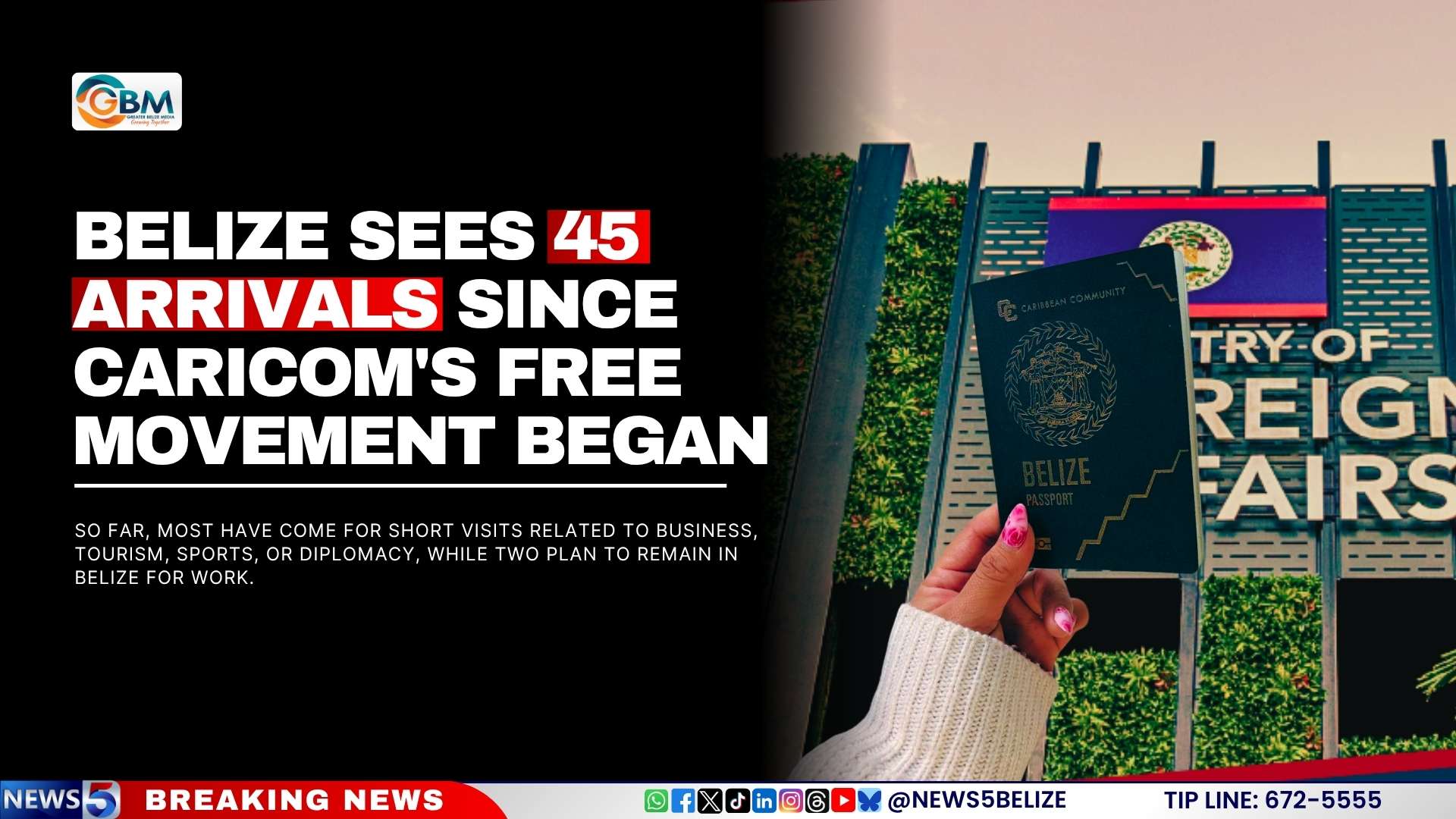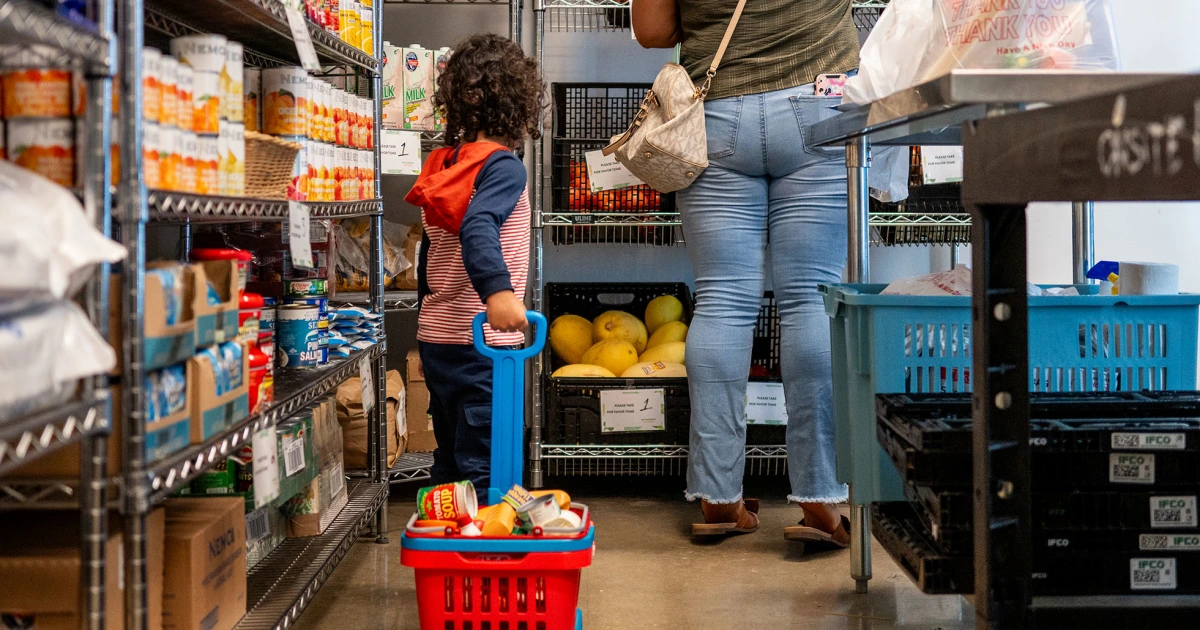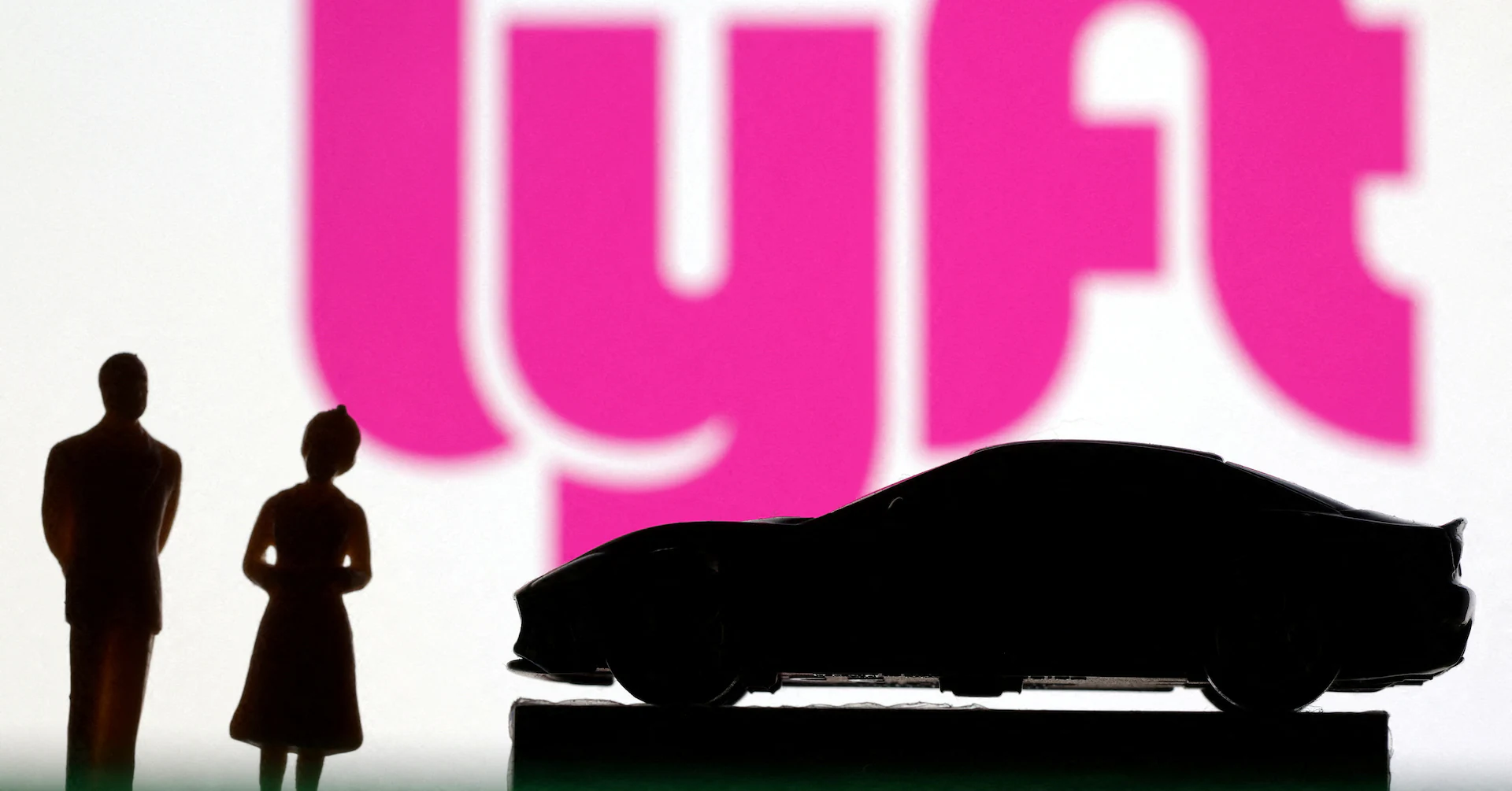Copyright Fast Company

If you glanced at the headlines this week, you might think everything is fine. Markets are not in full panic mode, unemployment is not spiking, and earnings season is still producing plenty of upbeat charts for investor decks. Underneath that, though, there is a very different story taking shape about what it takes to keep growth going when people are tired of paying more for less. Across the economy, companies are being forced to get creative. Some are reworking how they price core products, others are quietly shrinking their physical footprint, and a few are openly trying to trade short term stock market love for longer term loyalty. Even the hottest corners of tech are starting to see what happens when the narrative shifts from limitless upside to awkward questions like “how much is too much.” At the same time, politics and policy are bleeding into everyday life, showing up in places like flight schedules and housing costs. Put it all together and you get a picture of an economy that is not crashing, but is being quietly renegotiated in real time. Here is a look at the stories that captured that tension this week. Housing affordability is so tight that builders are buying down mortgage rates D.R. Horton is leaning hard on mortgage rate buydowns to keep homes moving in a market where affordability is stretched past its limits. In its latest quarter, nearly three quarters of buyers took a discounted mortgage rate, often starting around 3.99 percent, in order to make monthly payments work. That generosity is not free. Incentives helped push the company’s gross margin on home sales down to 20 percent, well below its 2021 peaks, even as net new orders rose 5 percent year over year. The builder is also slowing new starts and managing inventory more tightly, especially in softer markets like parts of Florida and California. Subscribe to the Daily newsletter.Fast Company's trending stories delivered to you every day Privacy Policy | Fast Company Newsletters TD Bank trims branches as customers shift to their phones TD Bank is closing 51 branches and one drive through location across 13 states and Washington, D.C., as it redraws its physical footprint for a more digital world. The cuts are part of a plan to reduce or relocate about 10 percent of its stores while pouring more money into tech forward, advice based services. Executives say they still plan to open new locations in some affected communities, but with a sharper focus on where customers actually show up in person. For now, TD is relying on more than 1,000 remaining U.S. branches plus its apps and online tools to handle the shift. Outback Steakhouse quietly closes doors in eight states It is not your imagination if the nearest Bloomin’ Onion suddenly disappeared. Outback Steakhouse’s parent company, Bloomin’ Brands, has closed 10 U.S. locations across eight states as part of a broader turnaround plan. The casual dining chain is facing higher costs and more cautious diners at the same time its stock has dropped more than 40 percent this year. The company says it chose which restaurants to shutter based on sales, traffic, and investment needs, and is trying to move affected workers to nearby locations. It is another sign that full service chains are feeling the squeeze as consumers trade down or stay home. The Big Short investor is betting against the AI darlings Some of the shine came off the AI trade this week after Nvidia and Palantir shares fell on news that Michael Burry is shorting both names. The investor, who became famous for calling the housing crash ahead of 2008, disclosed that his fund bought put options on the two high profile AI plays. His move hit a nerve in a market already debating whether AI stocks are in bubble territory, even as surveys show many investors think they are. Still, the pullback comes after a monster run. Nvidia is up more than 50 percent this year and Palantir has gained well over 100 percent over the same period. McDonald’s is losing its lowest income customers McDonald’s latest earnings call confirmed what a lot of families already feel. Fast food is not cheap enough to be a default option anymore for the lowest income diners. The company said quick service traffic from lower income customers fell by nearly double digits in the third quarter, a trend that has dragged on for almost two years, while higher income traffic keeps rising. Same store sales were up modestly in the U.S. and globally, but still missed some Wall Street expectations. In response, McDonald’s is leaning back into value with limited time deals like a 5 dollar breakfast combo and 8 dollar nugget meal, plus digital promotions tied to its Monopoly game. YouTube TV hides a 60 dollar credit where only power users will find it After YouTube TV dropped more than 20 Disney owned channels when carriage talks broke down, subscribers expected a meaningful bill break. What many are discovering instead is a somewhat buried offer of 10 dollars off per month for six months, for those who can find and redeem it in their account settings. The credit is not automatic and appears to be available only to some users, which has frustrated customers who already feel shortchanged by the loss of ESPN, ABC, and other major networks. The move follows an earlier suggestion from YouTube that a larger 20 dollar monthly credit might be on the table if the blackout dragged on. Electric aircraft maker Beta Technologies takes off on the NYSE Beta Technologies, a Vermont based electric aviation startup, made its public market debut under the ticker BETA. The company priced its IPO at 34 dollars a share, above the marketed range, raising just over 1 billion dollars and implying a valuation around 7.4 billion dollars. Beta builds electric aircraft and charging systems, including a conventional takeoff plane and a vertical takeoff and landing model called Alia, which it has already flown tens of thousands of nautical miles. With contracts that include the U.S. Department of Defense, Beta joins a growing club of electric aviation companies betting that cleaner, quieter aircraft can carve out a real slice of future air travel. Duolingo’s earnings are strong, but its stock still fell off a cliff On paper, Duolingo’s third quarter looked great. Daily active users jumped 36 percent, revenue climbed 41 percent, and paid subscribers rose by more than a third. Yet the stock dropped around 25 percent after the company told investors to expect much slower growth in total bookings next quarter, a key metric that bakes in future subscription and test revenue. CEO Luis von Ahn said Duolingo is deliberately prioritizing product quality and user growth over near term monetization, particularly as it leans into AI powered teaching tools. The market’s reaction shows how little patience some investors have for long term thinking in a choppy tech tape. Airlines offer rare refunds as the shutdown snarls air travel United, American, and Delta all said they will offer refunds during the government shutdown to customers who decide not to fly, even if their flights are not technically canceled. The move comes after the FAA ordered a 10 percent cut in flights at 40 major airports because thousands of unpaid air traffic controllers are unavailable. Long haul international routes are expected to mostly hold, but domestic schedules will be trimmed, affecting as many as 4,000 flights a day. The big three are framing the refunds as a customer friendly gesture in a tough situation, while also urging Washington to move quickly to end the shutdown that is disrupting the system they rely on.



